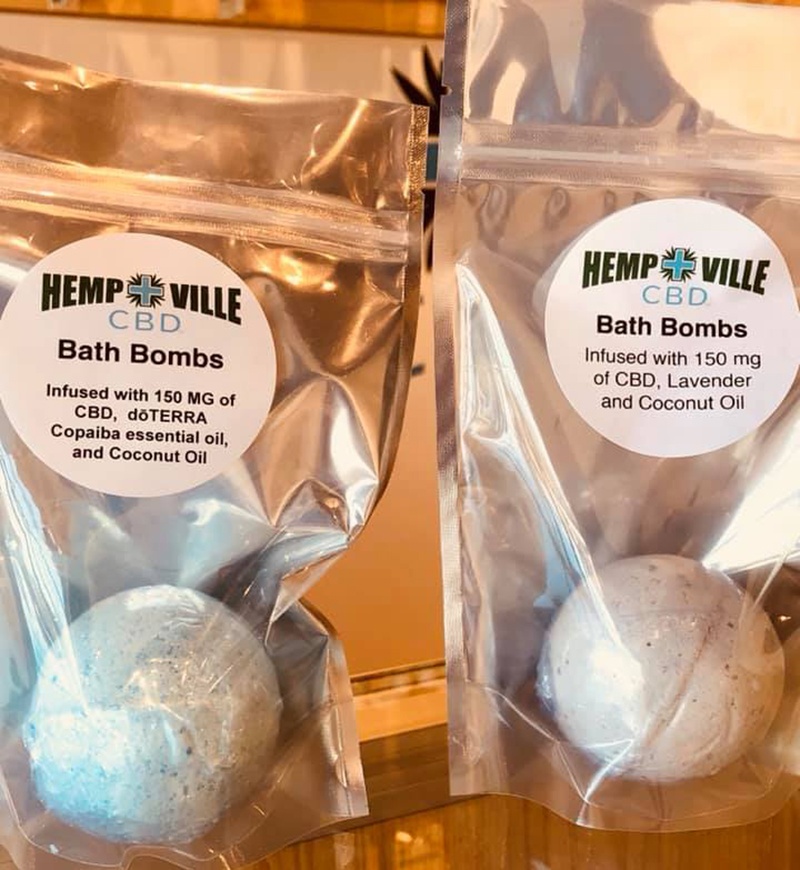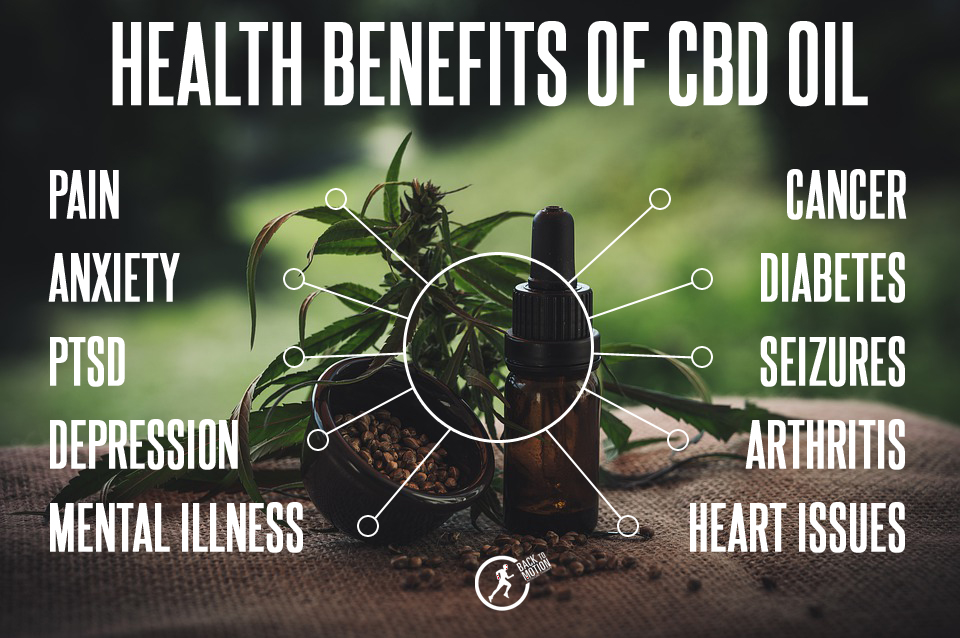
The Cannabinoid oil is an anti-seizure and pain reliever. Some side effects are also possible. It is not addictive. You will learn more about the effects and side effects of Cannabinoid. Before you start using it, you need to be familiar with its uses and consequences.
Pain relief can be found in cannabinoid oil
Cannabinoids have been shown to be effective in relieving a wide range of conditions. They can help with nerve pain and muscle spasms related to multiple sclerosis. The effects of CBD are still unknown, but this natural substance is safe. These properties make CBD a promising addition into the future of pharmacological research. As CBD is further researched, new therapeutic options are likely to be developed.
CBD interacts with many molecular mechanisms, in addition to its analgesic properties. It has been shown to be able to reduce pain through modulating vanilloid receptors. These receptors regulate inflammation and heat. But, it is still necessary to study CBD's impact on pain relief.

It is an antiseizure medication
Cannabinoid or CBD oil is an anti-seizure remedy that is made from different varieties of marijuana. It is used as an adjuvant drug in patients suffering from epilepsy. It is not recommended to be taken in large amounts.
Cannabinoid oil works by blocking the action of T-type Ca2+ receptors in the brain. This receptor type activates by neuronal hypopolarization and increases intracellular calcium levels. This results in increased neuronal excitation. CBD blocks these channels, and may therefore contribute to its anti-seizure effect.
Side effects can occur
Cannabidiol or CBD is a compound found naturally in marijuana. Although it has many health benefits, this compound can cause side effects. It can, for example, affect appetite. CBD products may cause an increase in appetite. The substance may also stimulate the appetite, which is not good news for anyone with a serious medical condition.
One-third of all studies show that CBD cannabinoids decrease pain. Animal studies also showed that transdermal CBD can decrease pain and inflammation. Another study revealed that topical CBD oil could reduce pain and discomfort for 29 patients with peripheral neuropathy.

It is not addictive
The biggest myth about CBD and cannabis is the belief that it is addictive. However, studies have shown that CBD can help curb drug addiction. It has also been proven to help combat nicotine addiction and opioid addiction. One study found that CBD can help with drug cravings. See Supplementary Table 3 for more information.
CBD acts on the addiction-related neurotransmission systems. Animal studies have shown that CBD has a positive effect on cannabis and tobacco addiction. Now, human studies show that CBD might be of benefit to patients. CBD has many other therapeutic qualities. It can lower stress levels and prevent neurotoxicity. Further research is needed to confirm that CBD can be used as a treatment for drug addiction.
FAQ
Which CBD products are most popular?
CBD products are becoming increasingly popular. CBD products are popular for their ability to relieve pain and anxiety. The market is huge and growing fast.
But for what purpose do people buy CBD? What does this mean for brand owners?
Well, according to Statista, CBD products are being bought for their relaxing effects. They are also purchased for their antiinflammatory properties.
This means that your product can be sold for medicinal or recreational purposes if it contains CBD and THC.
But what about brands who are focused on one purpose only? It won't be able to compete if it sells CBD for pain relief.
Furthermore, a brand who focuses on CBD-based medical uses will be able to attract a lot of customers.
If a brand wishes to reach recreational users, they must create a unique selling point (USP). A USP simply means a distinctive feature or benefit that differentiates a brand's competitors.
Some brands offer free shipping while others offer bulk discounts.
Is CBD growing?
Yes. This growth is expected to continue as legalization expands across North America. Canada was the first country to legalize recreational cannabis use. Several states also have medical marijuana laws.
As more states legalize medicinal marijuana, this trend will likely continue for at minimum a decade.
It is also economically sensible to legalize marijuana. Legalizing marijuana has many other benefits.
It could help decrease crime rates by reducing illegal drug availability. It could also generate tax revenue for the government.
As more people turn to legal weed, they may also choose to consume less alcohol. This would reduce hangovers and increase health care costs.
In addition, marijuana might actually improve the quality of life for those who suffer from chronic pain. Many believe that THC (the active ingredient in marijuana) helps to relieve the symptoms of nausea and muscle spasms associated with chemotherapy.
The use of marijuana may be a useful tool in treating mental illness such as anxiety and depression. Some studies have shown that marijuana can treat schizophrenia.
So, although the future looks bright for the CBD industry, we should not forget that there are still plenty of challenges facing us along the way.
How can CBD products be promoted in a legal manner by CBD companies?
The FDA does NOT regulate hemp as an agriculture commodity. The Controlled Substances Act regulates other cannabis derivatives (e.g. pot). CBD is not covered by any regulations.
CBD is legal in 29 states. Federal law, however, still considers it illegal. This uncertainty is a problem for CBD-product sellers.
The FDA has strict guidelines regarding how CBD products can be promoted. The FDA requires that all CBD products clearly disclose their THC content. Without scientific evidence, companies cannot claim CBD treats certain medical conditions.
Additionally, the FDA requires manufacturers submit information about manufacturing practices and quality control. They require companies to carry out clinical trials to prove safety or efficacy.
These factors are crucial for companies to consider when developing their marketing strategies.
How big is the global CBD market?
Euromonitor International estimated that the global CBD industry was worth $US3.5 billion in 2015. This is an increase of more than 10% compared to 2014.
This figure is expected to grow at an average rate of 12% by 2020.
CBD products will make up around half of all products derived from hemp by 2020.
This includes CBD oils and other CBD products like food, beverages, cosmetics and pet care items.
Can I use CBD during pregnancy?
It is not clear if CBD is safe for use during pregnancy.
However, CBD does not appear to be a danger to the baby based upon the limited information.
It is important to remember that CBD should not only be used by women who are pregnant, but also by those who have been recommended by their doctor.
A recent warning was issued by the Food and Drug Administration about possible risks from CBD consumption during pregnancy.
FDA claims that "there are some evidences that cannabis consumption during pregnancy may increase the likelihood of miscarriage."
According to the agency, more research is necessary before a firm conclusion can been drawn.
Is the CBD market saturated?
CBD industry has a growing rate of 25% annually. This growth is expected to continue for at least another five years. In fact, the industry is expected grow from $2Billion today and $5Billion by 2020.
Two companies dominate the CBD market: GW Pharmaceuticals (Canndoc Ltd) and Canndoc Ltd. Both companies are focused on the development of pharmaceutical-grade CBD products. Both have not been very successful to date. Both are struggling to gain traction on the market.
Cannabidiol (CBD) is an extract of cannabis that contains less than 0.3% THC. It does not cause any psychoactive effects. It is used for treating epilepsy and other medical conditions. It is also commonly used as a dietary supplement.
There are many options for CBD products. Some are made using whole plant extracts, while others use isolated cannabinoids such as CBD.
All of these products share one thing: They contain low levels THC.
These products are legal under US federal law. You still need to comply with local laws when you sell CBD products. It is important to check the regulations in your state for CBD products.
There are also several states that CBD products are prohibited. These are California, Colorado. Florida. Mississippi. Missouri. New York. North Carolina. Ohio. Oklahoma. Oregon. Rhode Island. South Dakota. Texas. Utah. Virginia. Washington.
CBD products shouldn't be used if you live in any of these states.
Which countries produce the highest quality CBD products?
The United States is home to the greatest number of CBD products.
Canada, Australia New Zealand, Israel, and New Zealand all produce high-quality CBD products.
Statistics
- HR −16 mmHg; 95% CI −26, −6; I2 = 92%) (ncbi.nlm.nih.gov)
- The use of these products is likely to become even more widespread if the World Health Organization's recommendation that CBD no longer is scheduled in the international drug control conventions is adopted by the United Nations member states [201]. (ncbi.nlm.nih.gov)
- however, one study also found that these effects were virtually abolished when the original media (a nutrient broth agar) was replaced with one containing 5% blood (increasing the minimum concentration to ~160 μM CBD) [179]. (ncbi.nlm.nih.gov)
- A recent systematic review of human trials also reported that individuals with epilepsy receiving CBD (5–20 mg·kg−1·day−1) were more likely to experience decreased appetite than those receiving placebo (i.e., ~20 vs. 5% of patients) (ncbi.nlm.nih.gov)
- OralWhere HED is the human equivalent dose, and Km is a correction factor estimated by dividing the average body mass (BM) of the species (60, 0.020, and 0.150 kg for 11 humans, mice, and rats, respectively) and by its surface area (see: Nair et al. (ncbi.nlm.nih.gov)
External Links
How To
What are the main issues with the CBD industry.
The market for CBD products continues to grow at an amazing rate. Businesses looking to get into this market face many obstacles. These include lack of consumer awareness and high costs of entry, limited capital access, and regulatory uncertainty.
Many people don't know much about CBD or how it works. This means that they cannot make informed decisions about whether or not to buy CBD products.
As a result, most CBD companies rely heavily on word-of-mouth marketing. This is costly because they have to pay for advertising and hire staff to promote their brand.
Another problem for new entrants to CBD is the high price of production. It is very expensive to obtain the raw materials required for CBD products. To make CBD oil, hemp must be grown in certain climates and soil types.
Growing enough hemp to make CBD oil takes around $1,000 per acre. Because of this, many small farmers are unable to afford to grow enough hemp for CBD oil.
A lack of capital access is another issue that new entrants will face in the CBD marketplace. Many people who want to start a business are discouraged by banks due to the stigma associated with the industry.
Final, there are regulatory uncertainties surrounding the sale CBD products. There are currently no guidelines on how CBD products should marketed.
Although states have passed laws restricting CBD products sales, these policies are not yet national.
So far, only two states - Maine and Nevada - have legalized recreational marijuana.
Some states, such as Michigan and Massachusetts, are looking at similar measures.
These changes could result in increased competition between CBD manufacturer.
These factors are why many entrepreneurs prefer to work from home than open a physical store.